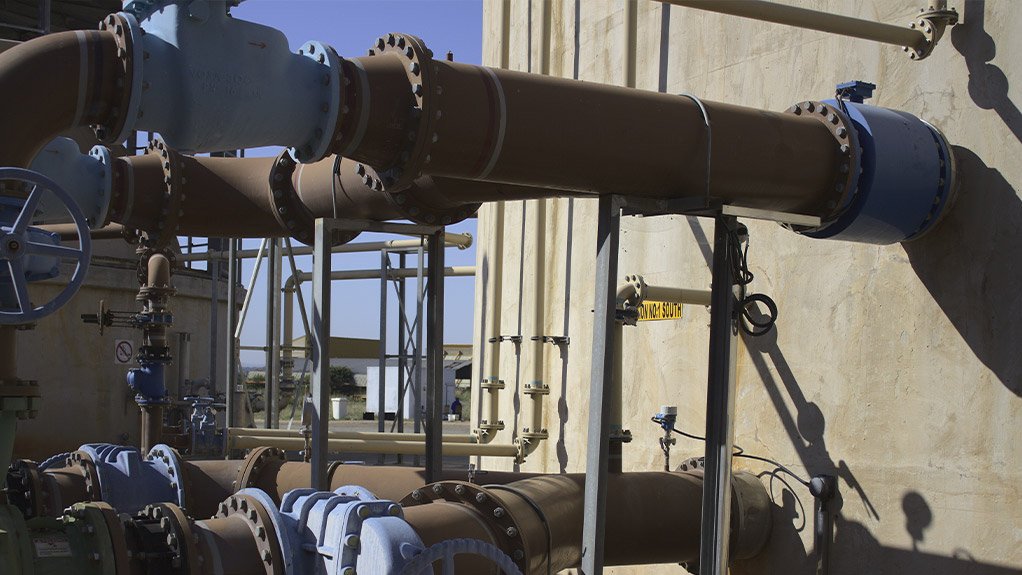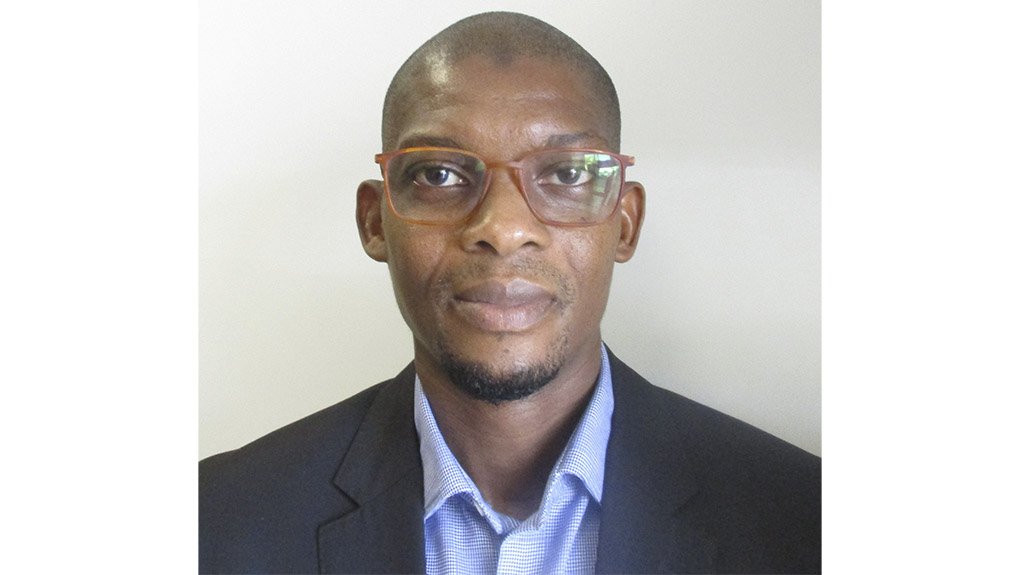Digitalisation key to energy efficiency




WASTEWATER EFFICINECY SANEDI in collaboration with DMRE are working on making wastewater treatment plants more efficient
TESLIM MOHAMMED YUSUF By taking the basic fundamentals of digital applications, a wide-system perspective on how digitalisation enhances energy efficiency savings can be established
BARRY BRENDENKAMP Digitalisation and the generation of electricity through chemical reaction in fuel cell technologies are the two key global energy drivers
Digitalisation is key to addressing the challenges faced in trying to implement energy efficiency initiatives for wastewater treatment plants and buildings, says South African National Energy Development Institute (SANEDI) data and knowledge management programme project manager Teslim Mohammed Yusuf.
“By taking the basic fundamentals of digital applications, combined with fundamental energy efficient interventions, a wide-system perspective on how digitalisation enhances energy efficiency savings can be established.”
He adds that, when data requirements are properly defined, collected and analysed, keeping in mind the desired outcome, this results in an energy efficient system, which can be applicable to segments or entire electricity grids, buildings, wastewater treatment plants or industrial processes.
Wastewater Treatment Plants
Wastewater treatment aims to ensure the release or reuse of larger quantities of water for various purposes and is achieved through the process of removing contaminants from wastewater.
“This process is energy intensive, and electricity consumption is considered to be as high as 25%. Pumps, motors and other equipment operating 24 hours, seven days a week are the main contributors to this percentage,” Yusuf explains.
By implementing measures that prevent water loss, ensure water conservation, confirm sewer system repairs and storm water reduction processes, the use of less energy can be ensured, he suggests.
However, many local wastewater treatment plants assets are old; this not only results in high energy consumption but also in the plants being among the largest greenhouse-gas (GHG) emissions contributors locally, Yusuf mentions.
To make wastewater treatment plants more energy efficient, SANEDI, in collaboration with the Department of Mineral Resources and Energy (DMRE), is introducing energy management and optimisation systems that aim to achieve net-zero energy on wastewater treatment plants.
Energy management and optimisation systems arecomputer automated control systems that collect energy measurement data, store and process the data and carry out actions of measurement and processing. This in addition to the implementation of other basic fundamentals like proper maintenance will, ultimately, enhance the performance of the system, says Yusuf.
Buildings
SANEDI is working on a variety of projects in the building sector, which include the roll-out of Energy Performance Certificates (EPCs) in partnership with the DMRE.
“SANEDI has been mandated to develop and host the national Building Energy Performance Register (BEPR), which in essence, is a database and online platform to coordinate and visualise the EPCs issued in South Africa,” SANEDI GM Barry Bredenkamp explains.
Underpinned by the EPCs, the institute aims to incorporate the latest digital and renewable- energy technology into its repurposing of buildings, which contribute about 30% of the current GHG emissions.
“The Covid-19 pandemic has completely disrupted the office building occupancy situation and forced most of us into embracing more digital platforms to go about our business. This will have a huge impact on energy consumption, as these buildings are repurposed and, with more people working from home, it provides us with an ideal opportunity.”
SANEDI, together with the DMRE, is also funding other projects that embrace energy efficiency in the building sector.
Some of the energy efficient initiatives that can be implemented to improve energy efficiency across the building sector include the use of more energy efficient appliances in buildings and homes; the use of more cool surface coatings in a variety of military buildings and low-income residential areas in municipalities; and piloting large-scale renewable-energy-based water heating solutions for multi-tenant facilities, Bredenkamp suggests.
He notes that digitalisation and the generation of electricity through chemical reaction in fuel cell technologies are the two key global energy drivers and SANEDI is exploring opportunities to incorporate these into the South African building sector.
However, the exploration of these new opportunities is still in the planning phase and SANEDI is in discussions with local and international stakeholders to plan and fund the work in these two “revolutionary areas of energy”, says Bredenkamp.
“This work is starting only now and will be an ongoing journey, as the technology evolution in this area is ongoing,” he concludes.
Comments
Press Office
Announcements
What's On
Subscribe to improve your user experience...
Option 1 (equivalent of R125 a month):
Receive a weekly copy of Creamer Media's Engineering News & Mining Weekly magazine
(print copy for those in South Africa and e-magazine for those outside of South Africa)
Receive daily email newsletters
Access to full search results
Access archive of magazine back copies
Access to Projects in Progress
Access to ONE Research Report of your choice in PDF format
Option 2 (equivalent of R375 a month):
All benefits from Option 1
PLUS
Access to Creamer Media's Research Channel Africa for ALL Research Reports, in PDF format, on various industrial and mining sectors
including Electricity; Water; Energy Transition; Hydrogen; Roads, Rail and Ports; Coal; Gold; Platinum; Battery Metals; etc.
Already a subscriber?
Forgotten your password?
Receive weekly copy of Creamer Media's Engineering News & Mining Weekly magazine (print copy for those in South Africa and e-magazine for those outside of South Africa)
➕
Recieve daily email newsletters
➕
Access to full search results
➕
Access archive of magazine back copies
➕
Access to Projects in Progress
➕
Access to ONE Research Report of your choice in PDF format
RESEARCH CHANNEL AFRICA
R4500 (equivalent of R375 a month)
SUBSCRIBEAll benefits from Option 1
➕
Access to Creamer Media's Research Channel Africa for ALL Research Reports on various industrial and mining sectors, in PDF format, including on:
Electricity
➕
Water
➕
Energy Transition
➕
Hydrogen
➕
Roads, Rail and Ports
➕
Coal
➕
Gold
➕
Platinum
➕
Battery Metals
➕
etc.
Receive all benefits from Option 1 or Option 2 delivered to numerous people at your company
➕
Multiple User names and Passwords for simultaneous log-ins
➕
Intranet integration access to all in your organisation





















